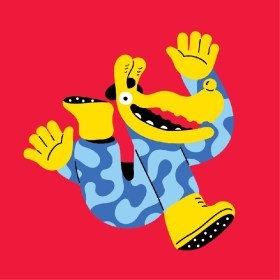It’s unlikely that many individuals set out to become cultural icons – known throughout the land as a person of substance, revered for the quality of their artistic (or other) contribution. Indeed, unless you are a cultural icon it’s hard to gauge whether it is possible to know you are one, when you are. But you’d think that one thing every cultural icon would have a handle on is how they would like their work to be dealt with after they’re gone. Having laboured, possibly for love, money, or both, to create the body of work that has earned them international respect, you’d expect a tremendous sense of pride or accomplishment enshrining such a legacy. But when you’re no longer around, who steps in to own or control that legacy?
Cultural icons – what happens when they’re gone?
Cultural icons are mortal like the rest of us, but who ought to decide what happens to their legacy after they're gone?
28 Jul 2006 12:00
[This is archived content and may not display in the originally intended format.]




